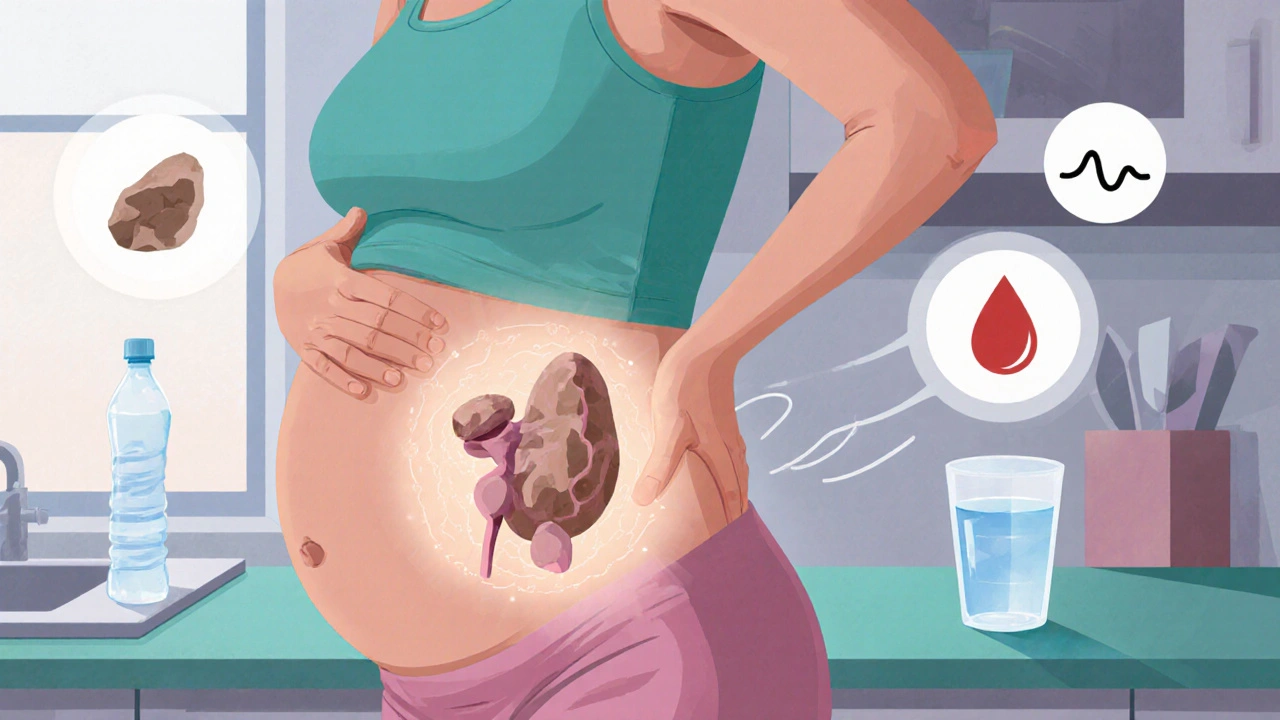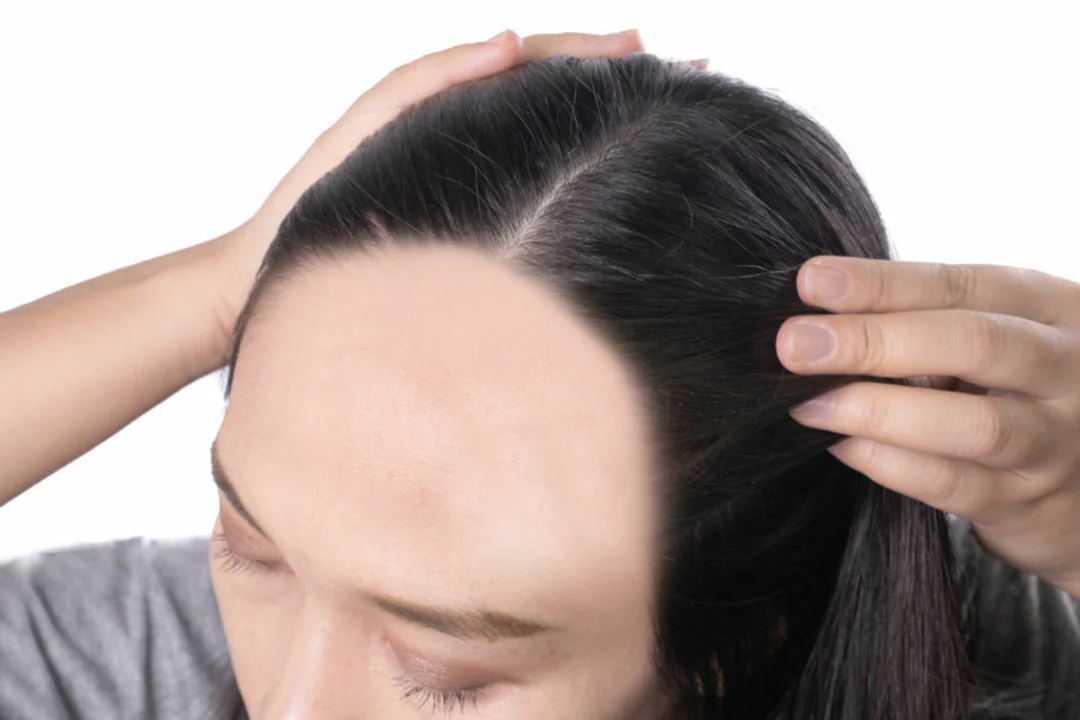Prevention: Simple Steps to Stay Healthier
Prevention is the smartest health move you can make — it’s cheaper, less painful, and often faster than treating a problem later. This page gives clear, practical habits you can use now: everyday choices, smart medicine use, and things to watch for that signal you should see a doctor. No jargon, just useful actions you can try this week.
Everyday prevention habits
Move your body most days. Even 20–30 minutes of walking lowers heart disease risk and helps control weight and blood sugar. Sleep matters: aim for consistent sleep times and 7–9 hours for most adults to support immunity and mood. Eat with purpose — add vegetables, whole grains, and lean protein while cutting highly processed foods and excess sugar. Small changes, like swapping a sugary snack for a piece of fruit, add up fast.
Vaccines and screenings catch problems early. Stay up to date on flu, COVID, and other recommended vaccines for your age and health conditions. Use cancer screening guidelines for your age group—mammograms, colonoscopies, pap smears—because early detection saves lives. If you have a family history of early cancer or genetic risks, ask your doctor about genetic testing or earlier screening plans.
Medication, infections, and online safety
Take medicines exactly as prescribed. Missing doses or changing timing can reduce benefits and raise risk. Keep an up-to-date list of your meds and share it with every provider you see to avoid dangerous drug interactions. If a medicine causes side effects, call your prescriber — there are often safer alternatives or dose tweaks.
Be cautious when buying meds online. Use licensed pharmacies, check for contact info and pharmacist access, and avoid sites that sell prescription drugs without a prescription. Articles on this site cover safe online buying for specific drugs like Grifulvin V and Dostinex; use those tips when comparing pharmacies. When in doubt, ask your doctor or local pharmacist before ordering.
Prevent infections with simple habits: wash hands properly, keep wounds clean, and follow packing or dressing change guidance if you use local anesthetics like Prilocaine. For motion sickness or dizziness, low-risk options like Meclizine or natural remedies can help prevent symptoms before they start — talk to your clinician about the best option for you.
Chronic disease prevention often comes down to routine care. Track blood pressure and cholesterol if you’re at risk, manage thyroid issues that affect digestion, and use inhalers correctly if you have asthma or COPD — proper inhaler technique prevents attacks and reduces emergency visits. If a medication isn’t working or causes trouble, explore alternatives with your prescriber; this site lists common alternatives for antibiotics and inhalers to help those conversations.
Prevention is practical: small habits, timely care, and smart medication use. Pick one change this week — a walk after dinner, a call to schedule a screening, or checking your medicine list — and build from there.
Kidney Stones and Pregnancy: Essential Facts & Safe Management Tips
Learn how to recognize, diagnose, and safely treat kidney stones during pregnancy with hydration tips, safe imaging options, and expert-led management advice.
View moreThe role of hair care products in causing and preventing hair loss
As a blogger, I've noticed that hair care products play a significant role in both causing and preventing hair loss. Some products contain harsh chemicals that can damage hair follicles, leading to hair loss. On the other hand, there are many hair care products specifically designed to prevent hair loss by strengthening hair and promoting a healthy scalp. It's essential to choose the right products for your hair type and be cautious of the ingredients list. In conclusion, being mindful of the products we use on our hair can make a huge difference in preventing hair loss and maintaining a healthy mane.
View more

